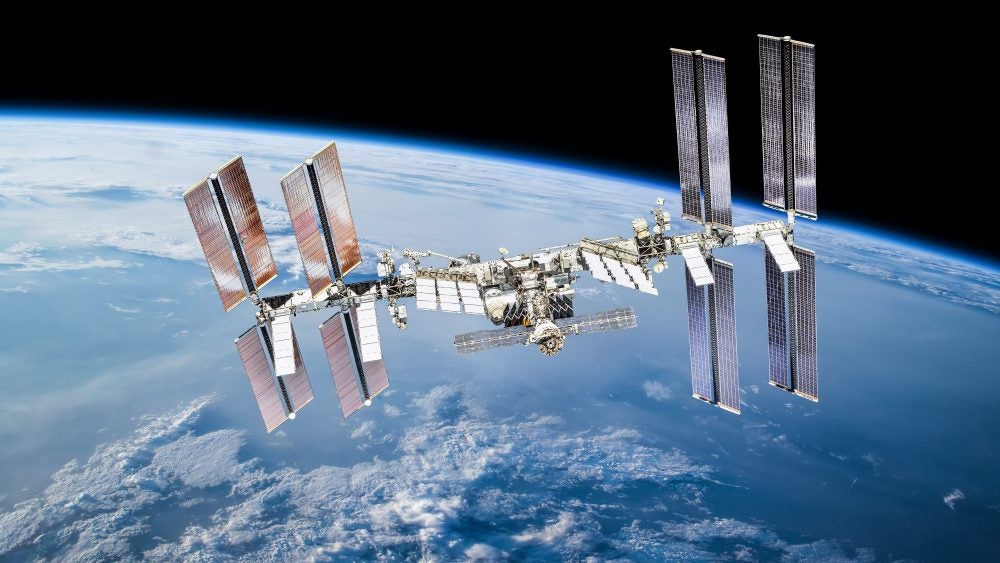Embarking on its fifth flight to the International Space Station (ISS), the US-based National Stem Cell Foundation (NSCF) has collaborated with Axiom Space’s third private astronaut mission to investigate neurodegenerative disorders in space.
In this mission, which took off on 17 January, human brain organoids developed from induced pluripotent stem cells (iPSCs) from patients with Parkinson’s disease and primary progressive multiple sclerosis (PPMS) are being sent to the microgravity environment of the ISS to observe and understand where inflammation begins in the brain.
Inflammation is strongly linked to these neurodegenerative diseases, the focus being on microglia— specialised immune cells in the central nervous system that play a role in controlling inflammation.
Generating large quantities of stem cells for research on earth has its challenges, due to 2D culture conditions being insufficient in replicating the environment of the human body. The microgravity conditions on the ISS facilitate three-dimensional cell growth that mirrors the natural growth of cells in the human body. The lack of gravity in space speeds up the cell maturation process, meaning cell changes can be observed in a few weeks or months compared to years on Earth.
The NSCF launched the first model back in 2019 on SpaceX18—the 18th flight taken by Elon Musk’s private rocket and spacecraft company SpaceX, for a total of 30 days. This was a collaboration between the New York Stem Cell Foundation Research Institute, Summit for Stem Cell Foundation, and researchers at the San Diego, California-based biotech Aspen Neuroscience. Axiom is a provider of human spaceflight services that operate to and from the ISS.
Astronauts on the ISS have previously conducted crystallisation experiments in microgravity for pharma-giant Merck & Co. Results from the study, published in the journal Nature Microgravity, highlighted factors impacting the crystallisation of the company’s PD-1 inhibitor Keytruda (pembrolizumab), potentially enhancing the production, preservation, and distribution of the drug.
It’s not only individual pharmaceutical companies that are making waves in space. In September last year, the AstroCardia Project, made up of five Belgian companies, outlined plans to send a 3D-printed artificial heart to the ISS by 2025 to better understand the effects of ageing and cardiovascular diseases in space. There is even the prospect of conducting clinical trials in space.
In the announcement accompanying the study details, NSCF CEO Paula Grisanti said: “By developing human organoids of neurodegenerative diseases, with microglia in the accelerated environment of microgravity, we have added an important new tool and a new way of looking at and understanding how and why neurodegeneration occurs.”









